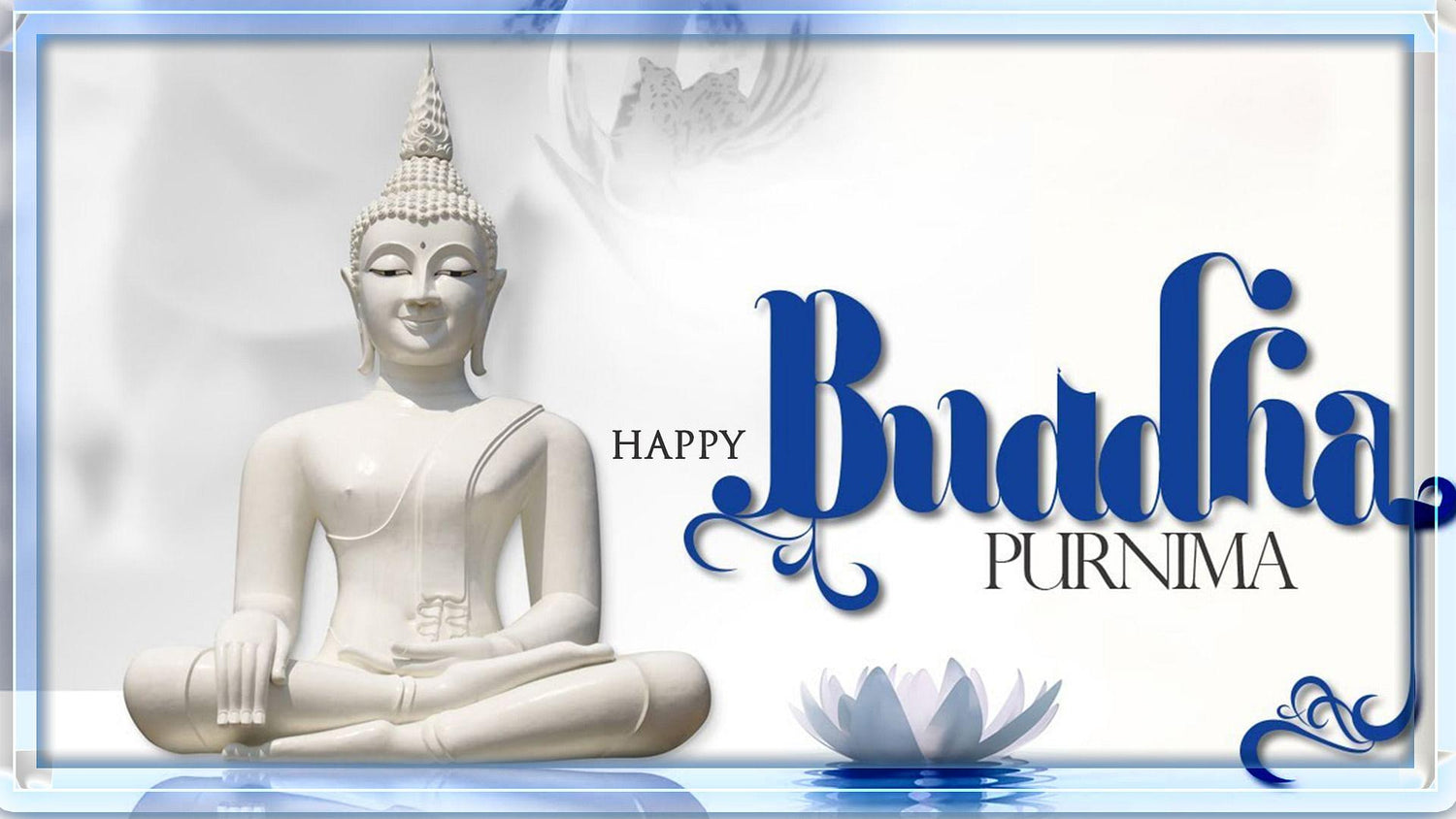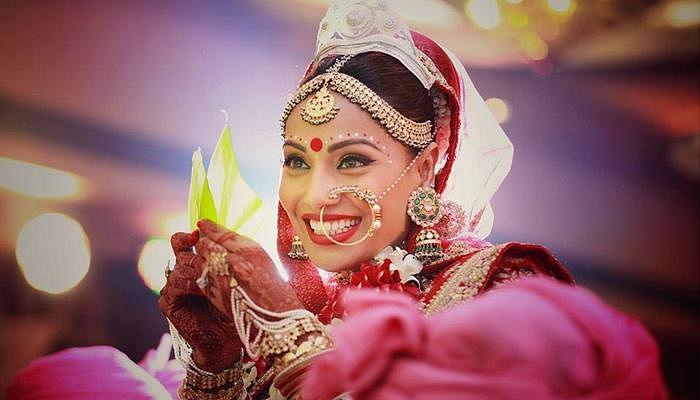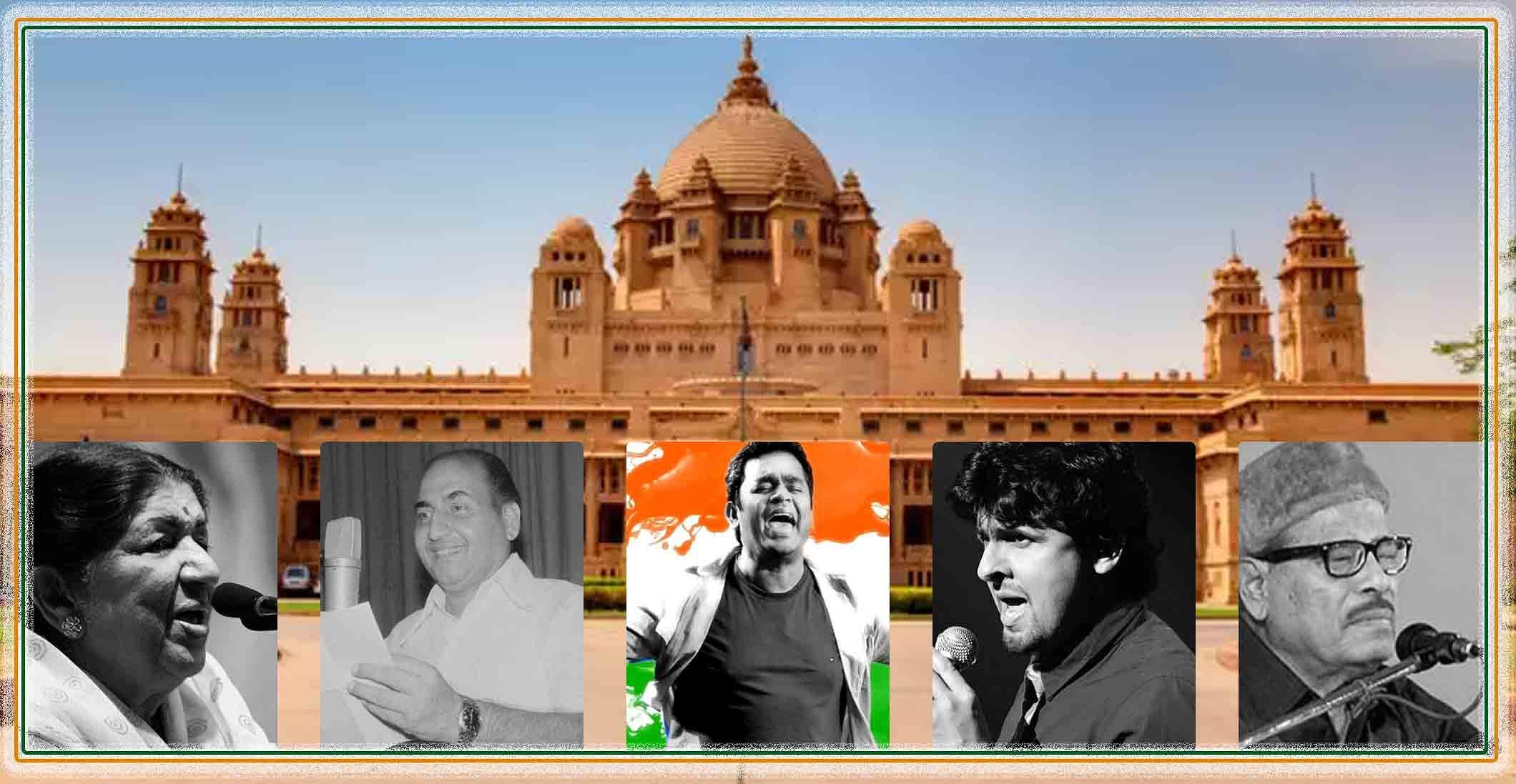Buddh Poornima or Buddh Jayanti, more popularly known as Vesak is the birth anniversary of Gautam Buddha, the founder of Buddhism. This year Buddh Poornima falls on May 18.
Buddh Poornima falls in the Vaisakh month of Hindu calendar and hence it’s taken the name Vesak, especially in the Eastern countries like Sri Lanka, Japan, Korea, China, Thailand where Buddhism gained maximum popularity.
Buddh Poornima holds utmost significance among the followers of Buddhism who mark this occasion observing the birth of Lord Buddha and his journey from birth till enlightenment on this day. Even the Buddh community in India celebrates this festival on a very large scale.
Background
Gautam Buddha was born to a Hindu Kshatriya family of the Ikshvaku dynasty and hence this day has a great importance in Hinduism. Lord Buddha is believed to be the 9th avatar of Lord Vishnu and is therefore an important Hindu festival.
Buddha was believed to be a great spiritual teacher whose teachings went on to motivate and guide people even after his lifetime. Celebrating Lord Buddh’s birthday as Vesak or Buddh Jayanti first formalised at the first conference of the World Fellowship of Buddhists. This conference was held in Colombo, Sri Lanka, in May, 1950. The date was fixed as the day of the Full Moon in May.
Buddh Poornima is celebrated on the full moon in May.

Astrologically Speaking
People born on Buddh Poornima are considered to be idealists with a natural instinctive penchant for finding the truth in things around us. People of this birth date are spiritually inclined and tend to be more religious.
Astrology tip: Those suffering from Saade Saati (the malefic effects of Saturn) must maintain Eightfold Path along with other mantras. You will not only release your mental pressure but also boost confidence and get effective results in every sphere of life.
Benefits
Lord Buddha preached the Eightfold Path to ultimate contentment. This spoke of successfully attaining true happiness and mental peace. True followers of Buddhism believe that on the day of Buddha Poornima, it is mandatory to follow this Eightfold Path to get riddance of material pleasures and find happiness in simplicity.
The Eightfold Path essentially preaches the following:
Right View or Understanding- Know the truth
Right Intention- Free your mind of bad thoughts
Right Speech- Don’t hurt others
Right Action – Work for the good of others
Right Livelihood – Maintain an ethical standard in life
Right Effort – Resist evil
Right Mindfulness – Practice meditation
Right Concentration- Control your thoughts

It is believed that if one strongly follows these eight principles with pure dedication and sincerity, they’ll sure be closer to attaining absolute contentment and happiness. If on the day of Buddh Poornima, you resolve to follow these principles then you will surely be blessed with complete peace of mind, will be free from all your sufferings, have a strong willed mind, you will attract goodness and positive aura around you. Then, you will remain positive and inspire others to be positive in life.
You will bring harmony by your own virtues and good conducts and ethics.
Symbol
The symbol of Buddh Poornima is a wooden wheel with eight spokes around it known as the dharamchakra. The wheel represents Buddha's teaching on the path to enlightenment. The eight spokes symbolize the noble eightfold path of Buddhism.
Buddh Poornima Celebration and Rituals
Devotees visit Buddhist temples on this day to listen to his preachings recited by the Buddhist monks. Many Buddh temples on this day keep a life-size statue of baby Lord Buddha in a basin filled with water with flowers decked around it. Those visiting the temple pour water over the statue to symbolise purification of their souls and to mark new beginnings.
In the week of Buddh Poornima, the devotees follow the principle of Panchsheel to move closer to attaining salvation. This covers five principles which are- non-violence or not to take life, not to steal, not to lie, not to take alcohol, not to commit adultery.
Buddhists usually wear white clothes on the day of Vesak and the days preceding it. Even those visiting the temples usually adorn white clothes and eat only vegetarian food on that day or for that entire week.

Followers believe in engaging themselves in charity towards the poor and the needy. Many make donations to old age homes and orphanages or to shelter homes for the poor.
Buddh Poornima is also symbolized by freeing caged birds and animals to immortalize the teachings of Gautam Buddha.
On the occasion of Buddh Poornima, Peachmode wishes everyone a life full of enlightenment and wisdom ahead, filled with compassion and care for fellow beings.
Here are some pristine white apparels for you to solemnize the day!




























